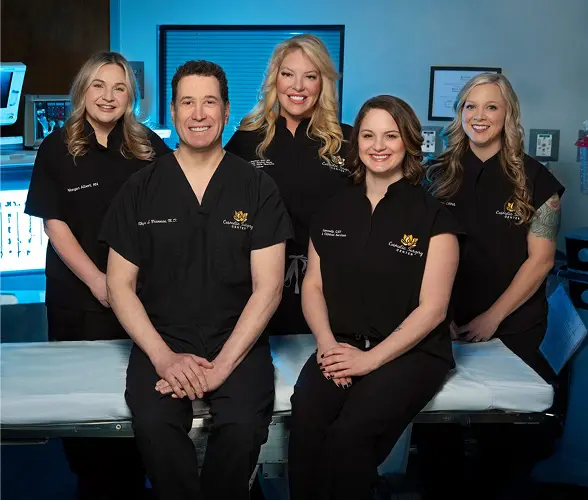Avoiding “Buyer’s Remorse” after Cosmetic Surgery
June 12, 2018 - Rhys Branman, MD Reality TV star Heidi Montag, who earlier this year had 10 plastic surgery procedures in one day, including a breast augmentation that gave her a G cup, is looking to get a breast reduction, reports ABC News.
Reality TV star Heidi Montag, who earlier this year had 10 plastic surgery procedures in one day, including a breast augmentation that gave her a G cup, is looking to get a breast reduction, reports ABC News.
Is “buyer’s remorse” becoming more common among cosmetic surgery patients? The plastic surgeons contacted by ABC News were divided.
Dr. Julius Few, a Chicago plastic surgeon, feels it is increasing. “I think in part it’s increasing because of the drop in reimbursement by insurance companies, which is driving doctors in other specialties into the plastic surgery market,” he said.
Dr. Timothy Miller, chief of plastic surgery at the David Geffen School of Medicine at UCLA, on the other hand, feels it’s uncommon: “Maybe I’ve seen it a few times in my practice, but it’s very rare.”
Most plastic surgeons do however, agree that potential buyer’s remorse may be avoided if patients and doctors address a patient’s problems. For instance, Dr. Few has a therapist at his practice. “We know in plastic surgery that if somebody has undue stress, the risk of complication is higher,” he said.
Psychologist Ann Kearney-Cooke, who specializes in weight and body image issues, said those who have “buyer’s remorse” after cosmetic surgery are likely troubled by deeper issues. “[The surgery] changes the look, but if you have a problem that you haven’t resolved, you’ll have a temporary positive feeling, but then something else is the problem,” she said.
That’s why patient-doctor communication is key. “It’s really important that both the patient and the physician understand what the motivation is behind the surgery,” said New York plastic surgeon Dr. Malcolm Roth.

